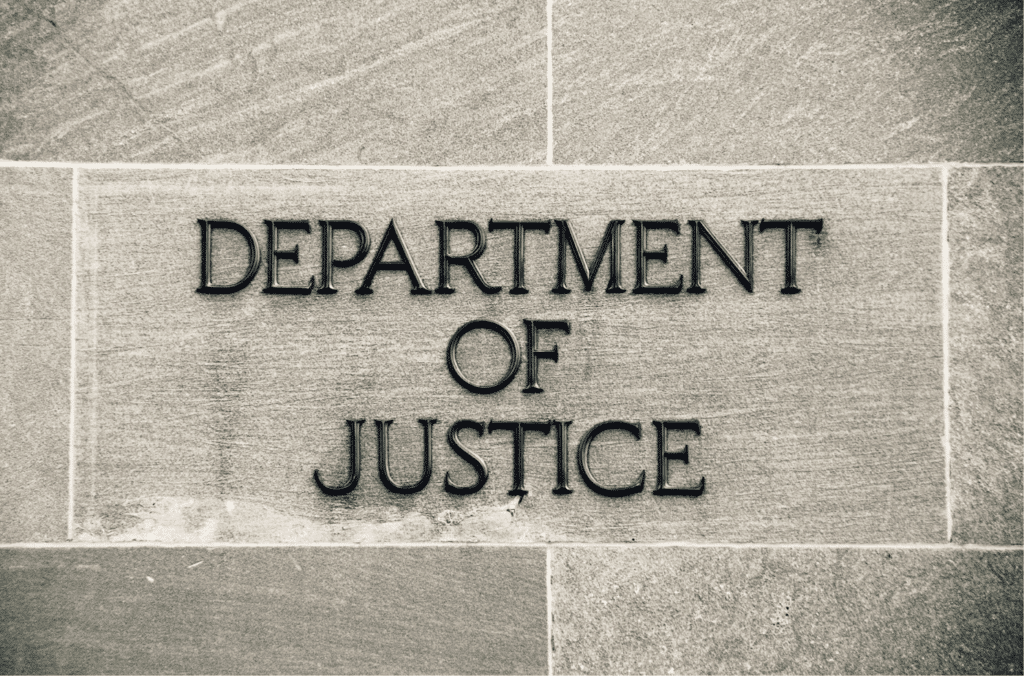By: Greg Eash, Chief Operation Officer, equivant Corrections
A Department of Justice (DOJ) investigation can be one of the most disruptive events a correctional facility will ever face. Triggered by allegations of civil rights violations or unsafe conditions, these inquiries often result in sweeping reforms, heavy oversight, and long-lasting consequences. The impacts reach far beyond legal findings—affecting budgets, staffing, operations, morale, and public trust.
For some facilities, the scrutiny becomes a turning point: painful at first, but ultimately a catalyst for modernization and accountability. For others, the weight of compliance and reputational damage lingers for years. Understanding the potential impacts is critical for leaders who want to prepare, adapt, and protect their agencies before problems escalate. The impacts typically fall into several categories:
-
Legal & Regulatory Consequences
- Consent Decrees / Settlement Agreements: If DOJ finds civil rights violations, the jail may be placed under a federal consent decree or settlement, which imposes strict oversight and mandates reforms.
- Increased Oversight: DOJ monitors or court-appointed monitors may have long-term authority over jail operations, reporting, and compliance.
- Financial Penalties: Settlements or fines may be levied for constitutional or civil rights violations.
-
Financial Impact
- Cost of Compliance: Implementing reforms (staffing increases, training programs, infrastructure upgrades, new technology) can be very expensive.
- Legal Costs: Ongoing litigation, attorney fees, and expert witnesses can drain budgets.
- Loss of Funding: Federal or state grants may be withheld or conditioned on compliance with DOJ requirements.
-
Operational Challenges
- Policy Overhaul: New policies and procedures (on use of force, medical care, classification, segregation, etc.) must be developed, implemented, and tracked.
- Staffing Pressure: Recruiting, training, and retaining staff becomes more difficult under scrutiny and mandated standards.
- Resource Strain: Daily operations may slow down as staff adapt to oversight, audits, and reporting requirements.
-
Reputational Damage
- Public Trust: Community trust in the jail, sheriff’s office, or county government can erode significantly.
- Political Fallout: Local officials, sheriffs, and administrators may face increased political pressure, potential resignations, or removal.
- Media Attention: Negative press can damage not only the facility’s reputation but also relationships with partner agencies and stakeholders.
-
Morale & Culture
- Staff Morale: Employees may feel under attack, defensive, or disengaged due to external criticism and increased scrutiny.
- Culture Shift: Long-term investigations often reveal deep-rooted cultural issues that must be addressed through leadership changes, new training, and accountability measures.
-
Long-Term Systemic Impact
- Mandated Reforms: DOJ investigations frequently set the trajectory of jail operations for years, requiring ongoing investments in medical care, mental health, classification, housing, and use-of-force protocols.
- Precedent: Once a facility is under DOJ oversight, other lawsuits and advocacy groups are more likely to scrutinize conditions.
In short, a negative DOJ investigation can drain resources, reshape operations, damage reputation, and alter the long-term trajectory of a jail. For leaders, the critical question is not just how your facility would survive a DOJ investigation, but how you are preparing today to avoid one—or to withstand it if it comes. Proactive compliance, transparent operations, and a commitment to continuous improvement can make the difference between being caught off guard and being ready to demonstrate accountability. Want to discuss how to shore up your facility to prevent against this disruption? We’d love to talk.






